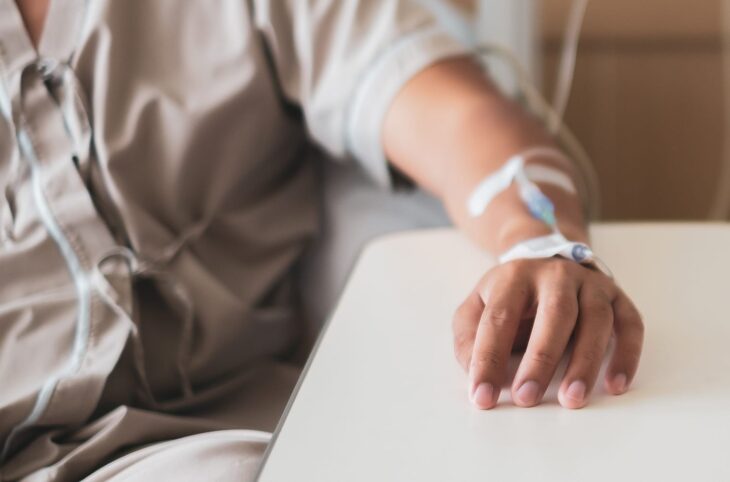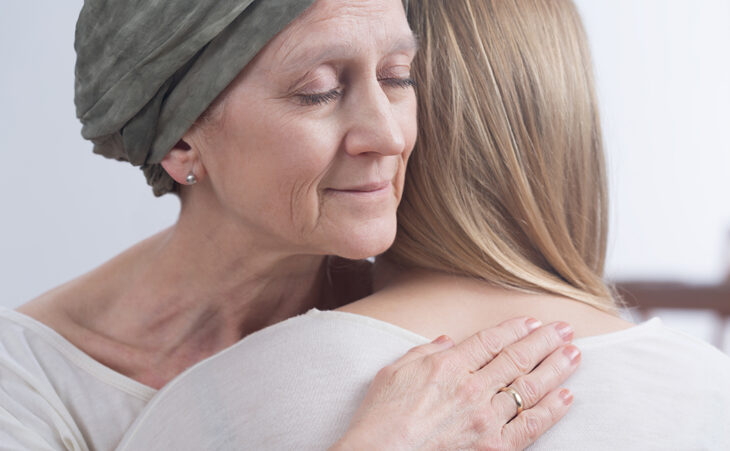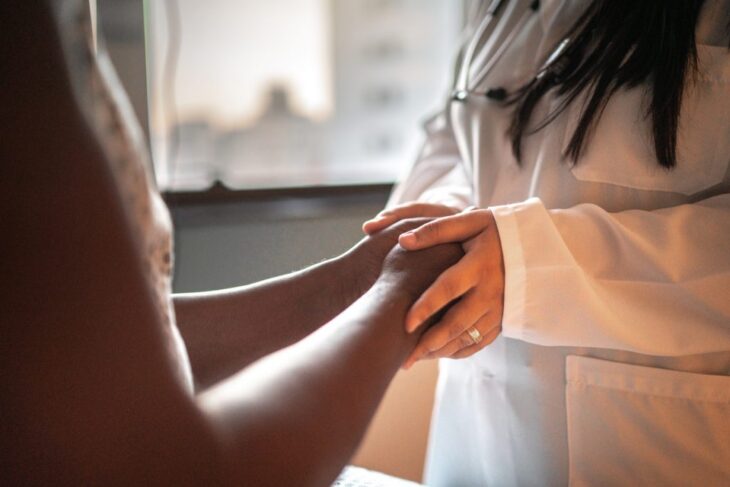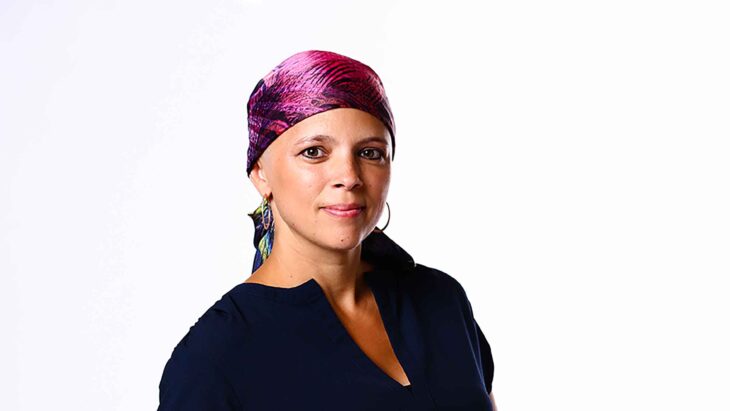Cancer is a dreadful word and each time when someone is diagnosed with it leaves a look of shock and horror on those faces when they hear about it. For most cancers today it’s just not as bad to have as you may think. Nor would you want to be too cavalier about it because there are still cancers out there for which the outcomes are not great.
The time around the diagnosis of cancer is a very difficult time for patients and they are family. They may be overloaded with the information they’re told about all different kinds of things. It is hard to remember everything you hear at appointments and of course, there is fear about what’s coming, what may happen, and frustration with your life being interrupted by the need for medical appointments and treatments.
You need not overburden yourself with the details about your cancer but you should rightfully know the essential information about your diagnosis and your treatment. Also, you need to stay away from the stories of comparing your cancer with someone else’s as every person has a different kind of genetic structure and hence kind of cancer.
A cancer diagnosis can cause a variety of emotions. Sadness, anger, confusion, and helplessness are all feelings that are common to experience after a cancer diagnosis and throughout cancer treatment.

Source: valuepenguin.com
When you are first told about having cancer your whole life just sort of goes right in front of you and you suddenly need to know why people associate it with death almost all the time. Many people going through cancer may find it comforting to be able to talk to others about their feelings.
If you have recently been diagnosed with cancer, it is important to stay in touch with your friends and especially with one from whom you can take cues about what type of therapy would work best for your type of cancer.
When we look at it as the storm you realize that most storms pass, things do start to settle down and once there’s a treatment plan in place, most patients feel like there’s a path to follow and they have a plan for how to address their cancer and their emotions. Your mind seems to quiet down quite a bit as that storm passes.
When someone gets a cancer diagnosis, there are a lot of immediate needs, of course, for treatment, and for information, but you also need encouragement, support, and compassion from your family and friends.
Some people may hold back for fear of appearing to be intruding during a very private moment, but as a patient, you would really feel grateful for the expression of kind concern, and for emphatic support from friends, relatives, and even coworkers.
Coping With Cancer – How Should You React When You Are Diagnosed With Cancer?
If you have recently been diagnosed with cancer, knowing what kind of cancer you have, what kind of treatment you may need, what kind of emotional and financial support system you need on your back, and planning how to deal with all these things can make this storm settle down easier.
When you first hear about the news about cancer the first and foremost thing you would want to do is to find a cancer hospital where you can hear “there’s been some advances in the last decade that have made cancer curable and treatments less painful”.
Most oncologists today will tell you that most of their patients are now gonna make it, they’re going to survive. That’s pretty good news, while treatments are still grueling but it’s a lot easier to go through them.
First of all, you need to get your facts right about your cancer while avoiding overburdening yourself with the details and comparisons with someone else’s cancer. You should rightfully obtain all the basic information about your diagnosis and treatment plan to make decisions about your emotional, physical and financial support systems.
While the internet is filled with a plethora of information and a gigantic heap of rumors, you need to know very little of that. Here are a few factors you should consider while shaping your treatment plan:

Source: nfcr.org
- The type of cancer you have.
- The severity or stage of your cancer.
- If it can spread to other organs in your body.
- Is your kind of cancer curable, if yes what is the probability of successful cancer treatments in India?
- Do you need any further diagnosis to decipher more about your cancer?
- What are different medications, treatments, or therapies available in India to cure your type of cancer?
- How long a treatment can take?
- Will there be any side effects associated with the treatment?
- The budget you might need to take the treatment and carry on the precautionary medicines onwards.
- What do you need to do to prevent your cancer from recurring?
- How would your children, family, relatives, or business managers’ deal with the situation when you are under treatment?
- Will you need someone as a permanent attendant, a personal caretaker, or someone from your family to lean on for emotional support?
Sadly, most patients do not know or even try to get these basic facts right. They are often bombarded with misinformation and rumors that they do not even associate with. So, you should always rely on trusted sources for credible information to devise your treatment plan.
For instance, you can get all the information about treatments, the best oncologists who specialize in your type of cancer and lists of the best cancer hospitals by simply browsing this website.
While you plan your treatment and explore the availability of different therapies, you need to keep along a friend or family member who can visit the hospital with you for the first few appointments with an oncologist to help you assess the options.
The wisest thing for a cancer patient is to know the basic details about his disease and leave the rest of the processes to their doctors, but having a friend or family member involved in the decision-making process gives an extra sense of security as you undergo the treatment.
You need to maintain transparent and honest communication with your family if you do not want to feel isolated in your misery. Cancer treatment can take longer than you may expect and you would need someone to rely on for your private information, decision-making processes, and to express your discomforts.

Source: parade.com
Also, you need to ascertain the success of the treatment. Yes, there would be side effects and changes in your physical appearance and psychological state, you should talk to your caregiver about the changes you may expect and keep yourself ready for them.
For instance, some drugs or therapies can cause hair loss, so you might feel discomfort with public appearances and in that case, if you have already prepared yourself to embrace the change, advice from an expert or another patient’s after-treatment experience can give you hope and ways to strengthen yourself in post-treatment phase.
As you have already listed all the possibilities, needs and schedules now you know a treatment would certainly impact your daily life considerably. Multiple visits to hospitals, frequent appointments, and the treatment schedules might overburden you and make you feel unable to manage your other responsibilities such as children’s care, family matters, a job, or business management. Consulting with a cancer support group, or a caregiver can let you know how and when to continue your daily activities, family, and fun time.
Along with treatment, there would be a long list of things to do and things to avoid. Following this strictly disciplined advice from a caregiver can be stressful or irritating for you. But you need to remind yourself over and again that these tiny little precautions would make your recovery process faster and easier.

Source: parade.com
In the long treatment journey, there would be times when unexpected financial burdens may arise, and you will feel absent from your duties, powerless to manage your household chores, you need to accept you are under a situation that is preventing you from living a normal life and you need to take help from friends, neighbors and even coworkers.
You need not hesitate in asking for help. Their smallest contributions like managing transportation for you, preparing a meal for your family, babysitting your kids, and helping you with your daily routines and household chores would certainly bring a deep comfort and calmness to you in your difficult time. Limiting yourself in boundaries and distancing yourself from friends and neighbors can exhaust your primary caregivers, spouse, or your family with the burdens of handling everything on their own.
Sometimes you will feel as if people around you who haven’t experienced cancer cannot sense your discomfort and understand how hard you are trying to cope with your cancer. Talking to people who have been in your situation can help reduce the anxiety and fear that cancer can cause. Their experiences and insight into what you can expect during and after the treatment can help you in dealing with your own situation more effectively.
